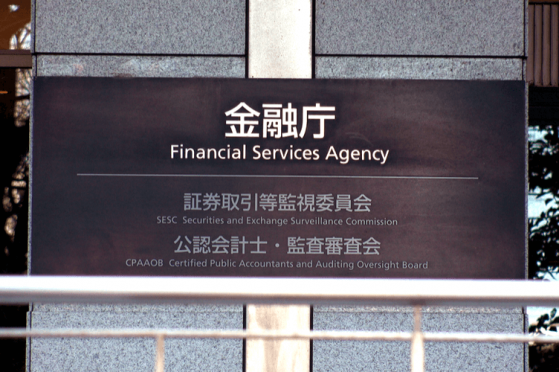The Financial Services Agency in Japan—its foremost financial regulator—set new rules for cryptocurrency exchanges with hopes that this would prevent another Coincheck-style event from happening.
“We need to introduce a new perspective in reviews of registrations,” said an FSA official.
As a result of the measures adopted by the FSA, exchanges now have new registration requirements that mostly have to do with how their infrastructures are set up. They can be split up into five groups.
First of all, exchanges are now required to store cryptocurrencies on air-gapped computers to prevent infiltration from outside the network. These computers can no longer connect to the internet and transfers have to be backed by multiple passwords.
The second requirement is a directive to vet customers before making any large transfers to prevent money laundering.
The FSA also tells exchanges to enforce rules that stop their staff from using cryptocurrency from the client pool. This effectively requires them to manage a better separation between the exchange’s assets and client assets.
To the dismay of fans of Monero and Zcash, the fourth requirement by the FSA effectively bans any cryptocurrencies that offer a high degree of anonymity that could facilitate money laundering.
The final FSA measure requires cryptocurrency exchanges to employ better access management in such a way that platform developers won’t be able to gain entry into the systems of asset management staff. This is meant to prevent people from manipulating the exchange.
When an exchange registers with the FSA, it first gets a digital screening. If it passes this test, the regulator sends inspectors on-site to ensure that the exchange meets all these regulations.
The financial agency stepped up its regulatory enforcement about two months ago by punishing exchanges that had even a hairline deviation from customer protection rules. Some, like Bit Station, violated these regulations in an obtuse manner, allowing senior staff to use a customer’s cryptocurrency for personal purchases.
Although these measures may be harsh, it may cause the cryptocurrency ecosystem to consolidate around fewer exchanges with more manpower to provide their customers with competent services.
This article appeared first on Cryptovest
